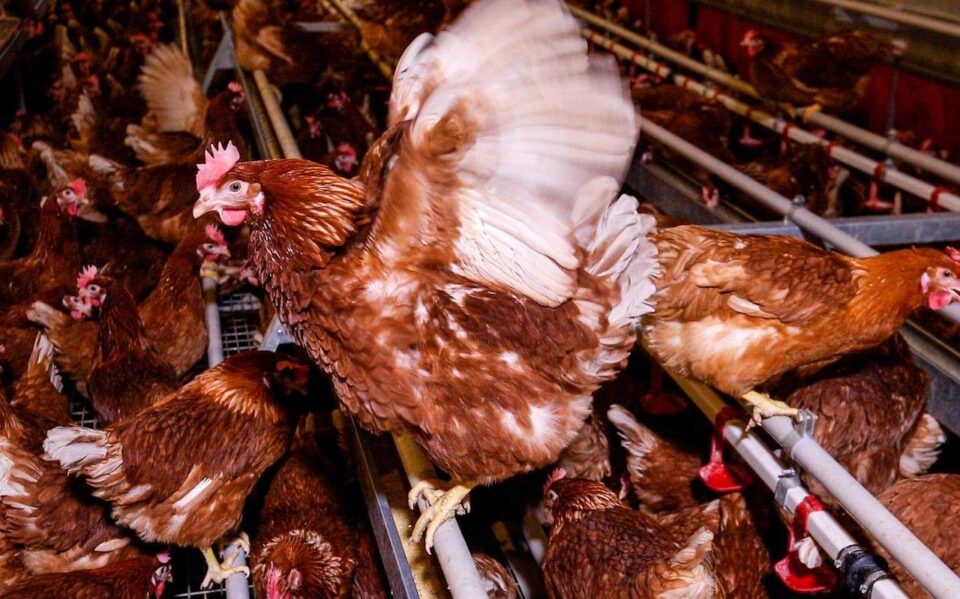Nigeria’s poultry sector, once a patchwork of small-scale rural farms, has grown into one of the most structured and dynamic parts of the country’s livestock industry. Now valued at around $4.2 billion, according to the UN Food and Agriculture Organisation (FAO), the industry dominates domestic supply. Yet despite its size and sophistication, Nigeria’s poultry products remain largely confined to local and regional markets.
Industry experts say it’s time for that to change.
From Local Dominance to Global Ambition
Although Nigeria’s poultry meat and eggs are widely consumed across the country—with some informal trade within West Africa’s ECOWAS bloc—the country has yet to make a serious push into formal international export markets. Dr. Junaidu Maina, a leading livestock specialist, argues that this is a missed opportunity.
“Exporting poultry is the logical next step,” he says. “Nigeria has what it takes to compete globally—if we align with international food safety and quality standards.”
According to Dr. Maina, meeting World Trade Organisation (WTO) Sanitary and Phytosanitary (SPS) measures and FAO/WHO Codex Alimentarius guidelines is key. These cover everything from veterinary drug residues and food additives to pesticide levels and general hygiene.
The Weak Naira: A Competitive Advantage?
While Nigeria’s weak currency has been a challenge for domestic consumers and businesses, it may offer a silver lining for poultry exporters. A depreciated naira could make Nigerian poultry meat far cheaper for buyers abroad—positioning it as a cost-effective protein source in global markets.
“Price matters,” says Dr. Maina. “And Nigeria can offer affordability without compromising on quality, if the right systems are in place.”
A Strategic Partnership with Global Potential
In a major development, Nigeria recently struck a $2.5 billion deal with JBS, the world’s largest meat processing company. The plan: build six state-of-the-art facilities for poultry, beef, and pork processing. The partnership is expected to bring global best practices—such as Hazard Analysis Critical Control Point (HACCP) and Good Manufacturing Practices (GMP)—into the Nigerian system.
If successful, this could serve as a springboard for Nigeria to meet export standards and expand its footprint in global protein markets.
Three Steps to Export Readiness
To seize this opportunity, Dr. Maina outlines a three-pronged strategy:
-
Strengthen Veterinary Services
Nigeria must improve disease surveillance, enforce strict sanitary protocols, and upgrade biosecurity across poultry farms. Digital platforms should be developed to monitor compliance, animal welfare, and traceability. Notably, maintaining a no-vaccination policy for avian influenza is essential to meet global export conditions. -
Enhance Animal Husbandry Systems
There is a need for better farm-level data, stronger integration between smallholder and large-scale operations, and innovative financial solutions like livestock insurance. Partnerships with banks could help protect farmers from disease shocks and climate risks, while also boosting productivity. -
Empower the Poultry Association of Nigeria (PAN)
PAN can play a pivotal role by strengthening market information systems—offering real-time data on pricing, demand, and supply. It can also coordinate access to high-quality inputs, negotiate better deals for members, and guide producers in meeting export-grade standards.
A Golden Opportunity on the Horizon
With rising global demand for affordable animal protein—especially in emerging markets—Nigeria is well positioned to fill the gap. But turning potential into profit will require a coordinated national effort across government, industry, and development partners.
If Nigeria takes the right steps, the poultry sector could become more than just a local success story. It could be the country’s next big export engine—boosting rural incomes, improving food security, and putting Nigerian chicken on plates around the world.



